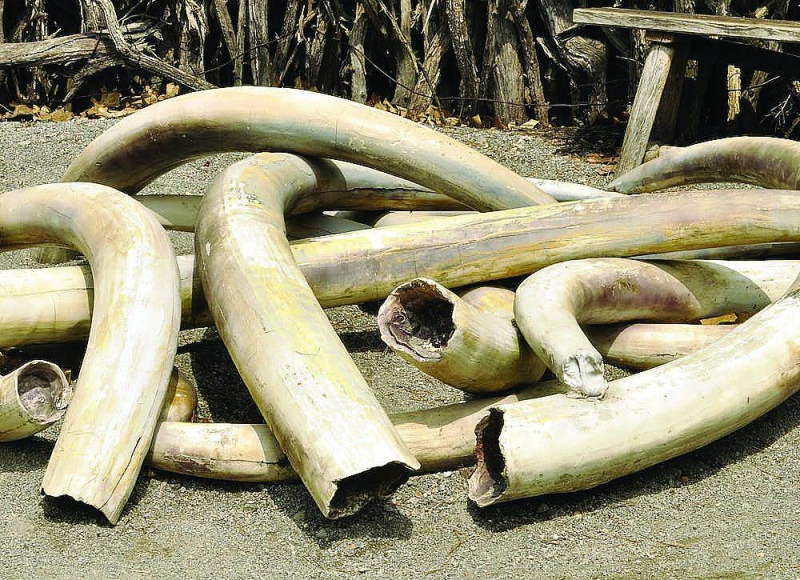KAZA states summit to tackle trophy hunting ban
Spira Tlhankane | Tuesday May 14, 2024 09:10


This comes after the Bill passed through the House of Commons at a second reading in March. The Hunting Trophies (Import Prohibition) Bill seeks to ban the importation of legally obtained wildlife trophies from Botswana and other African countries such as Zimbabwe, Zambia, Namibia, Tanzania and South Africa.
In March, Environment and Tourism minister, Dumezweni Mthimkhulu travelled to the UK as part of a large African delegation to lobby against the ban. While the Summit aims to discuss the future of the critical wildlife sanctuary, five Heads of State expected to be in attendance will discuss the Bill and its implications on local communities living close to wildlife. President Mokgweetsi Masisi, who is expected to attend the Summit, was quoted by British media in March expressing concerns about the proposed trophy hunting ban, labelling it as 'condescending' and a 'resurgence of colonial conquest'.
The Heads of State Summit will be held in Livingstone under the theme: “Leveraging KAZA’s natural capital and cultural heritage resources as catalysts for inclusive social-economic development of the eco-region.” The Summit’s primary objective is to assess the progress made in establishing and developing the KAZA TFCA since its inception. KAZA TFCA is a conservation area, spanning five Southern African countries that include Angola, Botswana, Namibia, Zambia and Zimbabwe, centred on the Caprivi-Chobe-Victoria Falls area. Zambian Tourism Minister, Rodney Sikumba, addressed a media briefing in Lusaka recently where he indicated that the Summit would aim at reaffirming a high level of political commitment to a regional cooperation and integration in the further development of KAZA. He said the KAZA was a conservation initiative aimed at promoting biodiversity conservation, tourism development and community empowerment. “A key objective is to review and track progress in the establishment and development of the TFCA since the partnership was formed through the signing of the Memorandum of Understanding in 2006, which culminated into the KAZA TFCA treaty of 2011,” Sikumba told the Zambian media.
He further stated that the KAZA would be preceded by two days of technical deliberations and a Minister’s session. Sikumba added that the deliberations would include strategies for sustainable management and utilisation of the landscaper’s natural, cultural and heritage resources. The summit is expected to attract over 400 delegates, including policymakers, decision-makers, and technical experts from the member states.
